South Africa-India ties set to grow


Send us your feedback to audioarticles@vaarta.com


Relations between South Africa and India that witnessed a boost in every sphere in 2004 are set to grow further in the new year.
The ties are expected to get a further fillip with discussions on free trade agreements for the southern African region to be held early next year, experts here say.
2004 was dominated by a well-received visit by Indian President A.P.J. Abdul Kalam, growing business relations in a number of areas and the increasing popularity of Bollywood cinema.
There was a rather unsavoury incident this year when prominent South African judge Siraj Desai was accused of rape by a colleague in Mumbai. Initially held in a Mumbai cell, Desai was later released on bail and eventually acquitted after the woman dropped the charges.
The Indian president's visit in September strengthened relations with the South African government ever since diplomatic ties were re-established a decade ago after a break of nearly four decades due to apartheid.
In a whistle-stop tour of three South African cities, Kalam made a plea for moral regeneration, launched the Gandhian centenary celebrations and promised a donation of a million rand ($177,000) from India to the Nelson Mandela Foundation projects for children, which new High Commissioner Santosh Kumar handed over later in the year as one of his first tasks.
On the business front, Tata Motors of India launched both its range of heavy vehicles and two light passenger vehicles at different events, even as Mahindra and Mahindra took on well-established competitors with its four-wheel-drive vehicles.
The head of the Tata group, Ratan Tata, also served on other forums, notably as advisor on a Special Economic committee to President Thabo Mbeki. Tata also serves as joint chairperson with South African business leader Patrice Motsepe on the India-South Africa CEO Forum launched here to boost economic growth.
In other business developments, Sahara Computers, acclaimed for a meteoric rise in Africa, joined hands with Sahara Parivar India to launch its range of IT products there.
Indian participation from small business to large industry was again a big component of the annual SAITEX Expo, which draws people from all over the world, while a partnership was forged with diamond giant De Beers and Indian companies.
The South African wine industry began looking at India as a serious growth market, and the Airports Company of South Africa hoped to win a consortium bid to run the two biggest airports in India, Mumbai and New Delhi.
Such was the seriousness with which the Indian missions here saw the growing business with South Africa that a special business desk was set up at the office of the Consul-General in Durban, home to the largest number of people of Indian origin outside India.
Bollywood made an impact on local business. Top bank First National used a premiere of Shah Rukh Khan film "Main Hoon Na" to lure local Indian customers to its business banking services.
Bollywood saw the year ending with the South African leg of the Temptations 2004 tour led by Khan, as an angry crowd at Sun City waited three hours for the event to start after it was delayed because of a bomb scare.
Earlier, Indian actress Kareena Kapoor drew a poor crowd to the same venue, even as the South African Broadcasting Corp extended its initial experiment at screening Bollywood movies on public television for the first time because of its huge success across all audiences.
Pay television service Multichoice brought the first Tamil television service from India to the South African Tamil community.
The Bollywood cinema circuit in South Africa got a boost as the pioneering and largest cinema group in the country, Ster-Kinekor, was followed by its rival Nu Metro, which also began a Bollywood circuit.
Ster-Kinekor even arranged a unique 40 km bike ride through the city by a biking club to promote India's first film featuring the most powerful bikes in the world, "Dhoom".
Mahatma Gandhi's tenure in Durban and Johannesburg at the turn of the last century was marked with a range of events.
A group of cyclists pedalled from Tolstoy Farm, Gandhi's now derelict commune while he was in Johannesburg, to the Phoenix Settlement where he was based in Durban. A social concert was held to raise funds for the restoration of Tolstoy Farm, and a comic book on Gandhi's life and times was launched as an educational aid.
On the cricket front, Herschelle Gibbs and Nicky Boje refused to join the tour to India because police there still wanted to question them about their role in the 2000 match-fixing scandal involving the late former captain Hansie Cronje.
At the same time, the first South African Indian to get national colours, Hashim Amla, joined the tour, but did not play in India.
Follow us on Google News and stay updated with the latest!
Headlines
Cinema News
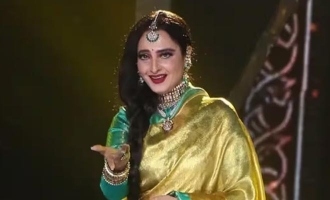 Bollywood actress Rekha on sheer fluke of not getting pregnant bold candid confessions
Bollywood actress Rekha on sheer fluke of not getting pregnant bold candid confessions
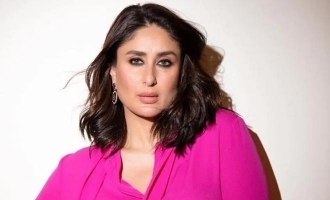 kareena kapoor s trolled for recent instagram quote on luxury pataudi palace
kareena kapoor s trolled for recent instagram quote on luxury pataudi palace
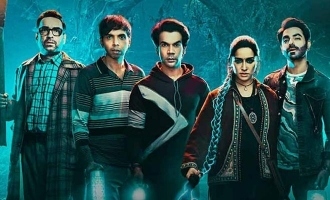 Stree 2 box office collections crosses baahubali 1 aims to cross shah rukh khan s jawan
Stree 2 box office collections crosses baahubali 1 aims to cross shah rukh khan s jawan
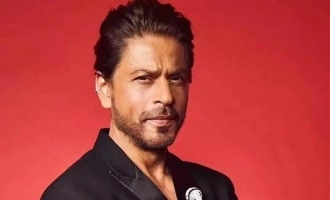 Shah Rukh khan enters huran rich list rs 7300 crore in fortune
Shah Rukh khan enters huran rich list rs 7300 crore in fortune
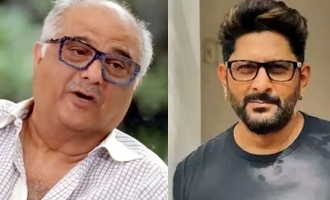 boney kapoor slams back at arshad warsi for low salary in roop ki rani choron ka raja
boney kapoor slams back at arshad warsi for low salary in roop ki rani choron ka raja
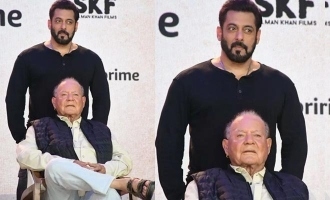 Salma khan wants to remake Salim javed's sholay deewar
Salma khan wants to remake Salim javed's sholay deewar
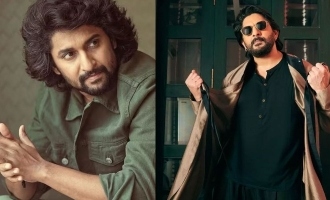 Nani sudheer babu claps back at Arshad warsi for calling prabhas as joker in kalki 2898 AD
Nani sudheer babu claps back at Arshad warsi for calling prabhas as joker in kalki 2898 AD
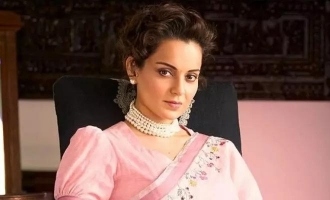 Kanagana ranaut s paparazzi comment gets viral emergency controversy
Kanagana ranaut s paparazzi comment gets viral emergency controversy
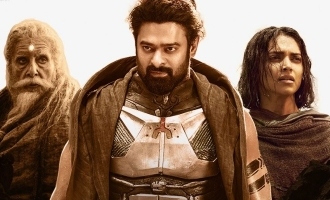 Kalki 2898 AD Starts Streaming Where to Watch Prabhas New Film
Kalki 2898 AD Starts Streaming Where to Watch Prabhas New Film
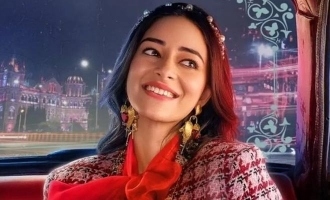 ananya panday call me bae trailers goes viral reminds of emily in paris
ananya panday call me bae trailers goes viral reminds of emily in paris




 Follow
Follow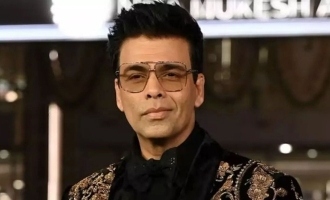
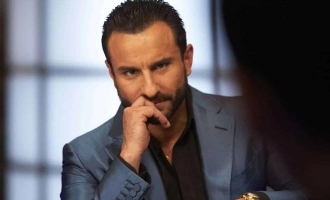
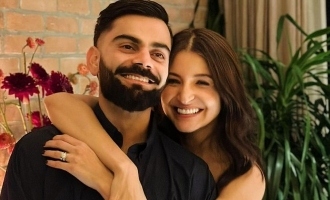
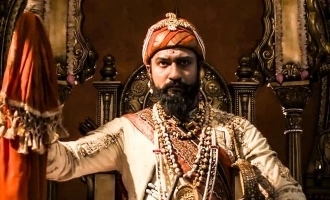
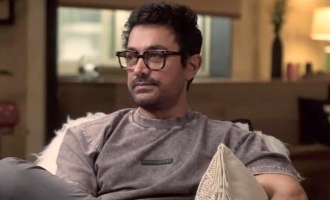
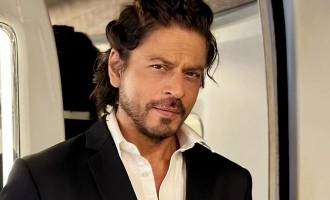
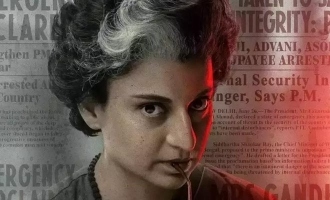
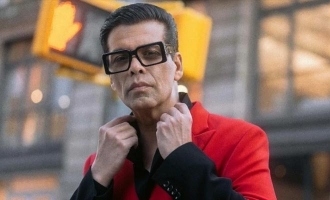
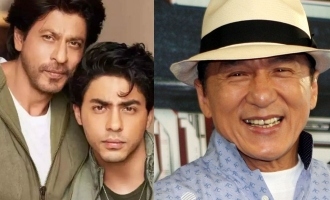
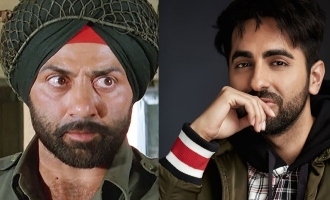
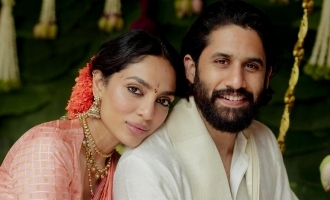

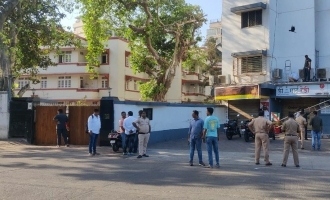
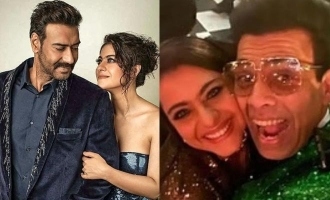
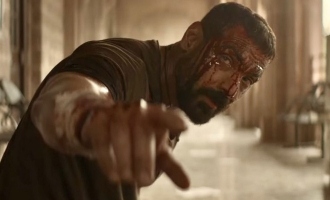
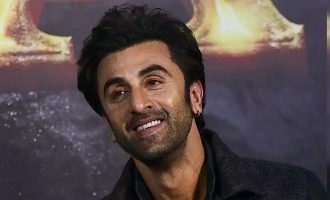
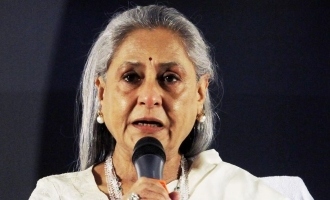
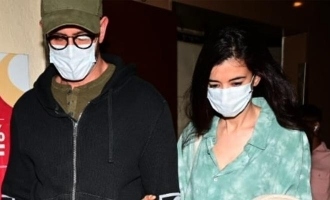
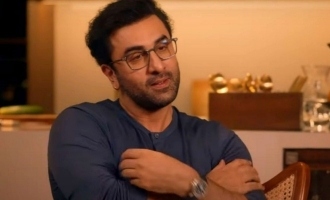
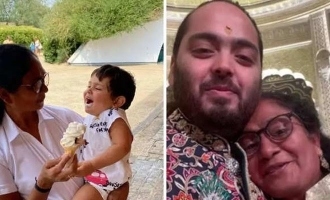
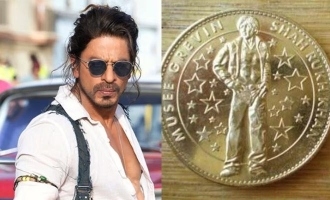
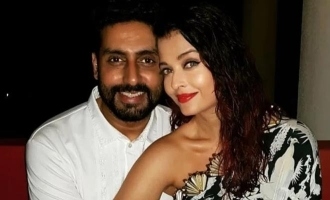

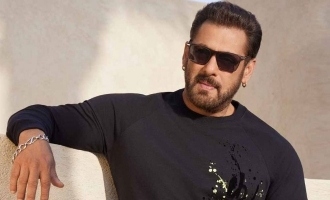
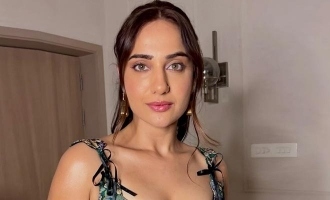
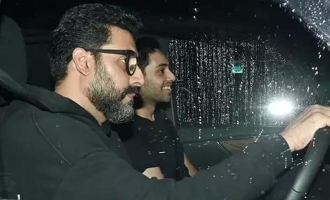
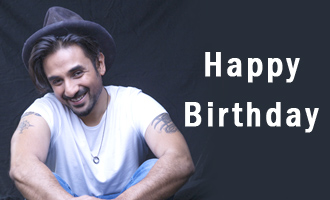


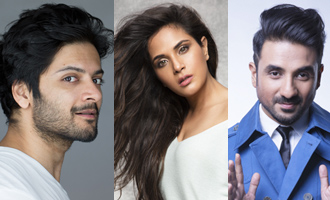
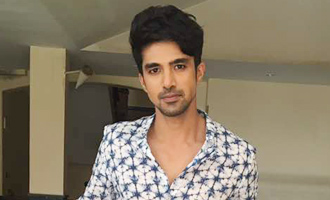

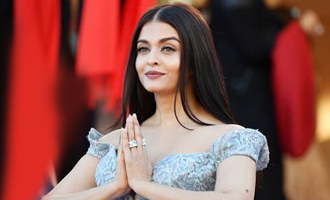

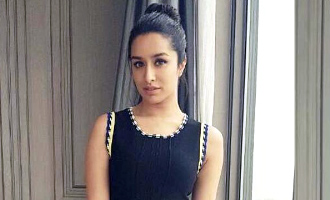

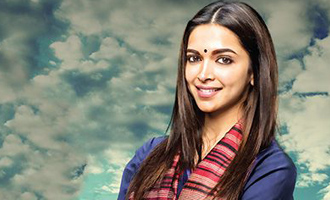
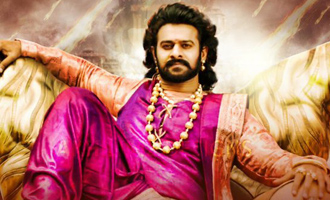









Comments